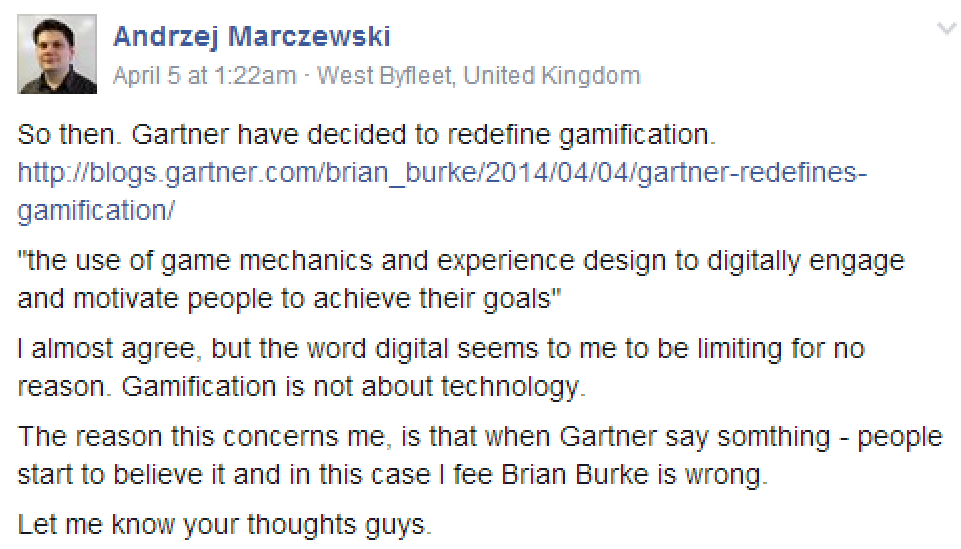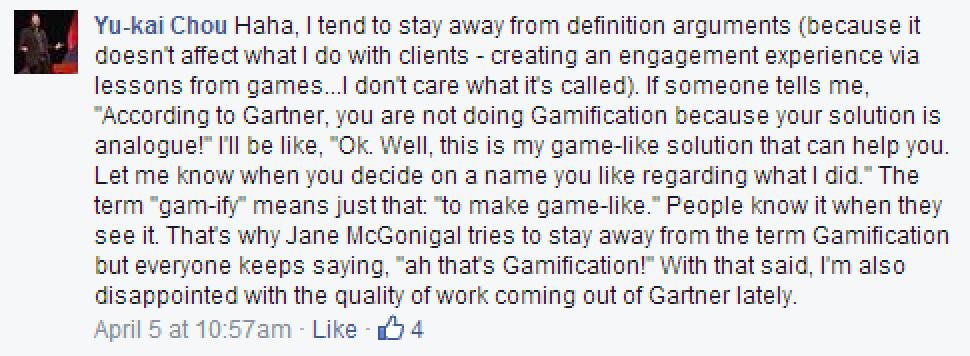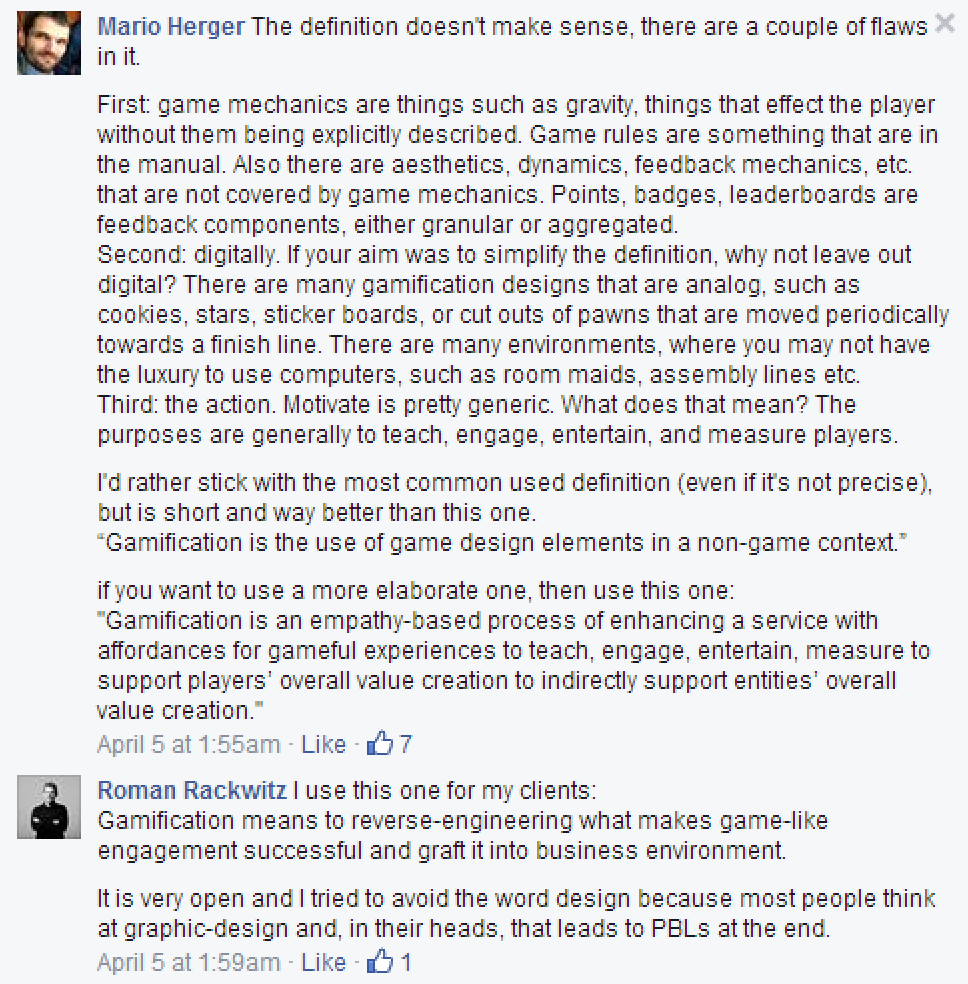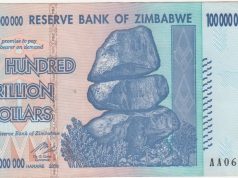The quest to define gamification continues…
Gamification is considered a relatively new term. As a new term, its definition is in flux and is continually changing. The popular media and different professionals continue to offer different and sometimes competing definitions. As different definitions are offered, it is up to everyday people to accept or reject those definitions.
Gartner, a leader in information technology research and advisory, has recently offered a new definition of gamification. As an industry leader, their definition carries some weight. Gartner redefines gamification as, “the use of game mechanics and experience design to digitally engage and motivate people to achieve their goals.” This is a very loaded definition with very specific implications.
Brian Burke (@Brian__Burke), a research analyst at Gartner recently broke down phrase by phrase this new definition. He defined game mechanics as ““the use of elements such as points, badges and leaderboards that are common to many games.” Burke explains that experience design is the journey that a player takes, such as the game play, story line and play space. In Gartner’s definition he uses the phrase, “digitally engage”, implying that gamification only happens in the digital world – on computers, Smartphones, and other digital devices. Burke also implies in his analysis of Gartner’s definition that when organizations goals are aligned with the player’s goals, then both the organization and the player achieve their own goals simultaneously.
Burke, who was a guest on our Gamification Revolution webinar in early February, wrote this new definition to help clarify what gamification is and what it is not. The new definition offered by Gartner and Burke is very clear and concise, and does not leave a lot of room for alternative definitions. Not everyone defines gamification as they did. Make sure you ask him your questions at this year’s GSummit, June 10-13 in San Francisco, where he will be speaking!
Sebestian Deterding, Dan Dixon, Rilla Khaled and Lennart Nacke defined gamification as “the use of game design elements in non-game contexts” in MindTreck’11. Others have also offered similar definitions. This definition is more broad than the definition Brain Burke recently wrote about. It allows for the non-digital use and application of the term. Gabe Zichermann also specifically defines gamification as:
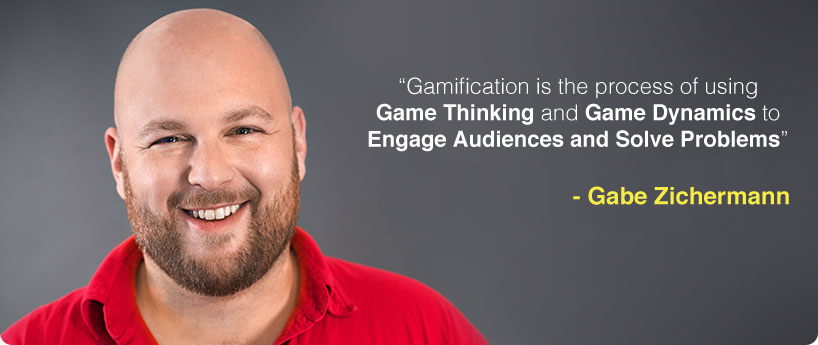
Burke’s definition only allows for gamification to take place in a digital environment and for corporate gain.
Wikipedia offers the following definition of gamification: “Gamification is the use of game thinking and game mechanics in non-game contexts to engage users in solving problems.” The general definition of gamification offered by Wikipedia also has different implications that the definition written about by Burke. Just as the definition offered by Gabe Zichermann, Sebestian Deterding, Dan Dixon, Rilla Khaled and Lennart Nacke, Wikipedia also suggests a broader definition of gamification that applies to the non-digital environment. Wikipedia’s definition also states that gamification can be used to solve problems, not achieve goals. It offers a definition that is broader than just using gamification to achieve corporate goals, it can also be used to solve larger problems.
Gartner’s new definition has triggered a series of replies from gamification experts and enthusiasts from both sides of the pond:
Andrzej Marczewski (@daverage):
Roman Rackwitz (@RomanRackwitz):
Yu-kai Chou (@yukaichou):
Mario Herger (@mherger):
The discussion around the definition is amazing, we’re happy for such a vibrant and active gamification community!
What do you think? Do any of these definition line-up with how you define gamification? Where do you think the definition of gamification should go as this word and concept continually evolves?


